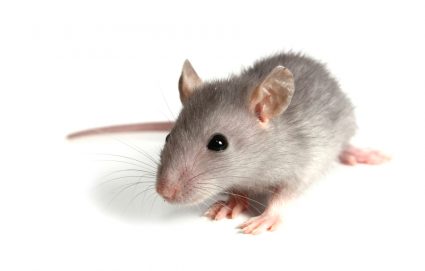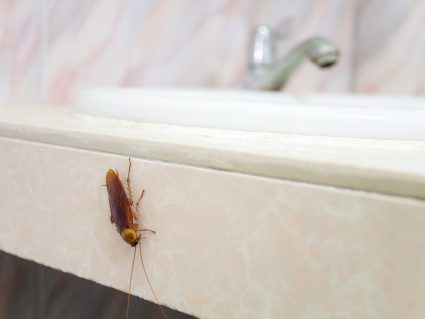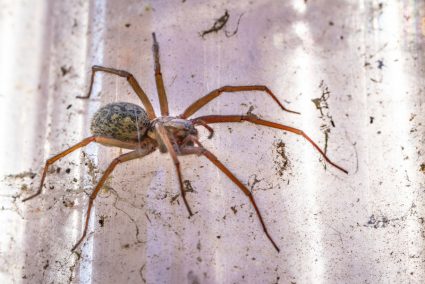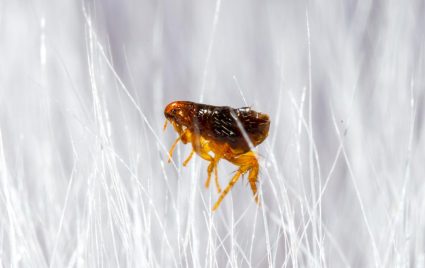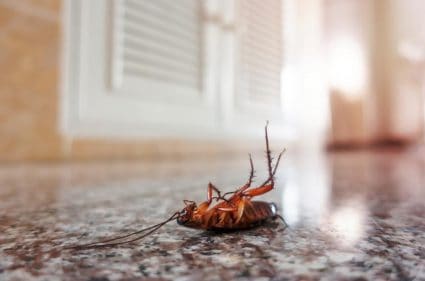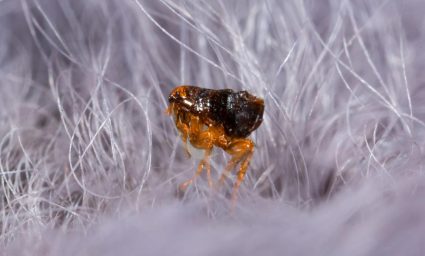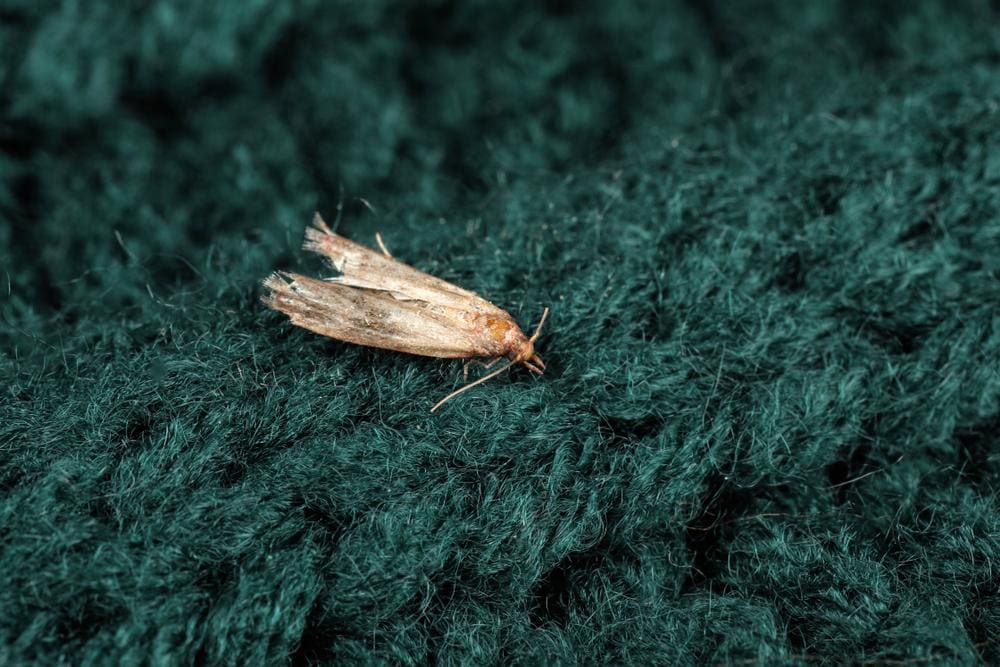
As a professional writer and SEO expert, I understand the importance of providing comprehensive, accurate, and helpful information to my readers. In this article, we’ll explore a common question many homeowners grapple with: “Does wasp spray kill moths?”
Yes, wasp spray can kill moths due to its general insecticidal properties. However, it’s not the most effective method for dealing with moth infestations, as it’s the larvae that cause the most damage. Furthermore, wasp sprays can be toxic to humans and animals and may also harm non-target species. It is recommended to use products specifically designed for moths or seek professional pest control services for severe infestations.
Understanding Wasp Spray
Wasp sprays are formulated to kill wasps, hornets, and yellow jackets. They contain compounds like pyrethrins, permethrin, and tetramethrin, which attack the nervous system of insects, causing muscle spasms, paralysis, and eventually death.
Wasp Spray and Moths: The Connection
While wasp sprays are not specifically designed to target moths, they can indeed kill them due to their general insecticidal properties. However, it’s important to remember that killing adult moths won’t necessarily solve a moth infestation problem. This is because it’s the larvae of the moths that cause the actual damage, such as eating through clothes or carpets.
Risks and Dangers
Using wasp spray against moths may pose potential risks and dangers. These sprays can be highly toxic to people and animals, so it is essential to follow the instructions carefully when using them. Moreover, using wasp spray against moths may have unintended consequences on non-target species, such as beneficial insects and pollinators.
Eco-friendly Alternatives
There are several eco-friendly alternatives to using wasp spray for moth control. These include essential oils, herbs, soap and water, vinegar, DIY wasp traps, and wasp repellent plants. Sealing entry points to prevent wasps from nesting around your home is the first line of defense.
Natural Remedies to Repel Moths
Natural remedies to repel moths include cedar, herbs, peppermint oil, vinegar, regular cleaning, freezing, and herb sachets. These remedies are most effective as preventive measures.
Conclusion
In conclusion, while wasp spray can be used to kill moths, it may not be the most effective method. It’s best to use products specifically designed for moth control, and to take preventative measures to avoid an infestation in the first place. If the infestation is severe, you may need to seek professional pest control services.
I hope you found this article helpful. If you have any questions or need further clarification, please don’t hesitate to ask. I’m here to help!
This article may contain links to other websites. Please always follow the instructions on the product label and never rely solely on the information presented here.
Frequently Asked Questions
What are some signs of a moth infestation?
Some signs of a moth infestation include seeing adult moths flying around, finding holes in your clothing or carpets, and noticing small, white larvae or cocoons.
Can I use wasp spray indoors to kill moths?
While technically possible, it’s not recommended to use wasp spray indoors due to its toxicity. It’s always safer and more effective to use products specifically designed for indoor moth control.
What are some examples of eco-friendly alternatives to wasp spray for moth control?
Eco-friendly alternatives for moth control include using essential oils such as lavender or peppermint, using herbs like rosemary or thyme, regular cleaning, and storing clothes in cedar chests or with cedar balls.
You mentioned that killing adult moths won’t solve a moth infestation problem. Why is that?
The reason is that it’s the larvae, not the adults, that cause the most damage. The larvae are the ones that eat through clothes, carpets, and other materials. Killing adult moths won’t get rid of the larvae.
What are some preventive measures to avoid a moth infestation?
Preventive measures include regular cleaning, storing clothes properly, using natural repellents like cedar or essential oils, and sealing entry points to prevent moths from entering your home.

